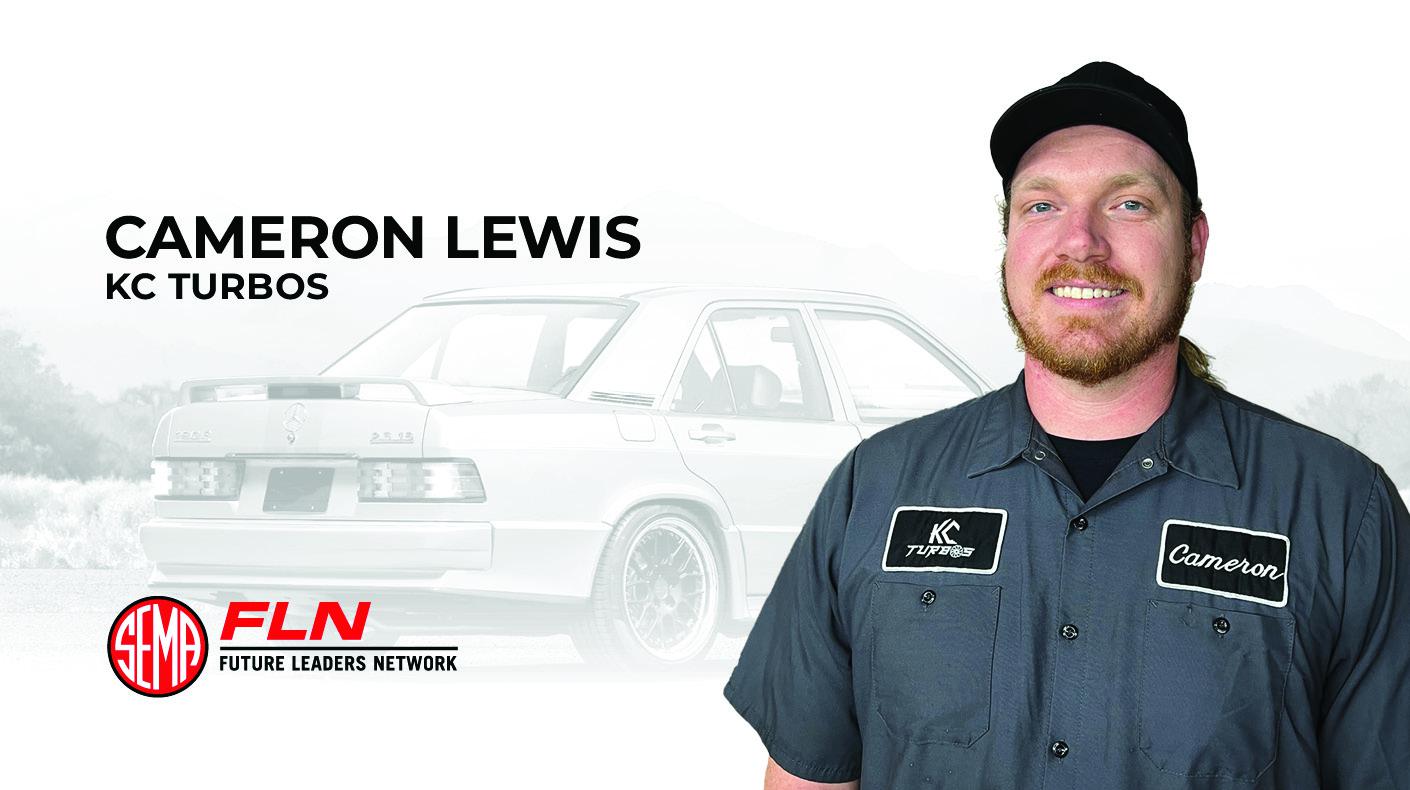 |
|
| Titan Motorsports started as a Toyota Supra specialist tuner, a niche focus that paid off with that car's exposure in the first The Fast & The Furious movie. |

The days of having to compete solely against the brick-and-mortar shop across the street are long gone. As Internet-only businesses sprout up in bedrooms and storage units across the country, anyone with a computer and a dream can now become a competitor in a matter of a few search clicks.
With the price of entry to start a parts business becoming lower each day, the importance of differentiating yourself from the competition becomes a necessity.
How are you supposed to compete with an Internet-only competitor offering the same products online at a lower price among a sea of other websites offering the same product? The quick answer: find your niche and drive your business around it.
Customers are often looking for an expert to answer the burning questions that cannot be answered by a database or part-number-only-driven website. Sharing your knowledge and expertise on a subject is the easiest way to gain trust in the marketplace and help build a customer base for life.
We were fortunate to find our niche early on. Titan Motorsports was originally founded as an outlet for our owner Nero to help fund his growing addiction to racing his '94 Toyota Supra. Toyota discontinued the Supra in the United States in 1998 as a result of poor sales. Its over-engineered 2JZ engine made it a hit with enthusiasts and tuners worldwide, however.
In 2001, Hollywood released the blockbuster movie The Fast and the Furious, which featured the Supra as its hero car. With a new breed of enthusiast racing to theatres to see the movie, we watched our niche market for Supra parts explode overnight.
Suddenly people who had never considered purchasing a Supra prior to the movie were calling wanting complete cars built. As demand increased, we were able to increase our inventory counts and use the additional volume to develop exclusive contracts with our suppliers on Supra-specific parts. Some 10 years later, sourcing replacement and performance parts for this platform remains a large part of our day-to-day operations.
Focusing on a niche is a great way to differentiate yourself from your competition. It can, however, also leave you vulnerable to trends, fads and sharp shifts in the general market place. As a result of these shifts, it's a great idea to develop parallel markets around your niche to further increase sales and provide an additional growth platform.
In our particular case, we used our knowledge of turbocharging developed from the 2JZ engine platform and expanded it to other turbo vehicles. While the engines themselves were different, the turbochargers and supporting parts remained universal. We were soon shipping intercooler cores, blow-off valves and boost controllers across the world and continue to do so today.
So, how can you take this example and apply it to your business? Examine your existing profit centers and focus on the areas where you already excel. Expand on areas where you’ve already proven superiority; this will prove much easier than changing your entire business model in search of growth.
Keep a close eye on your competitors and emerging trends, but stick to your roots in the market place to maintain your competitive edge. With a clear product focus and game plan, you can place yourself in front of the competition. —Baadal Deliwala, Titan Motorsports





